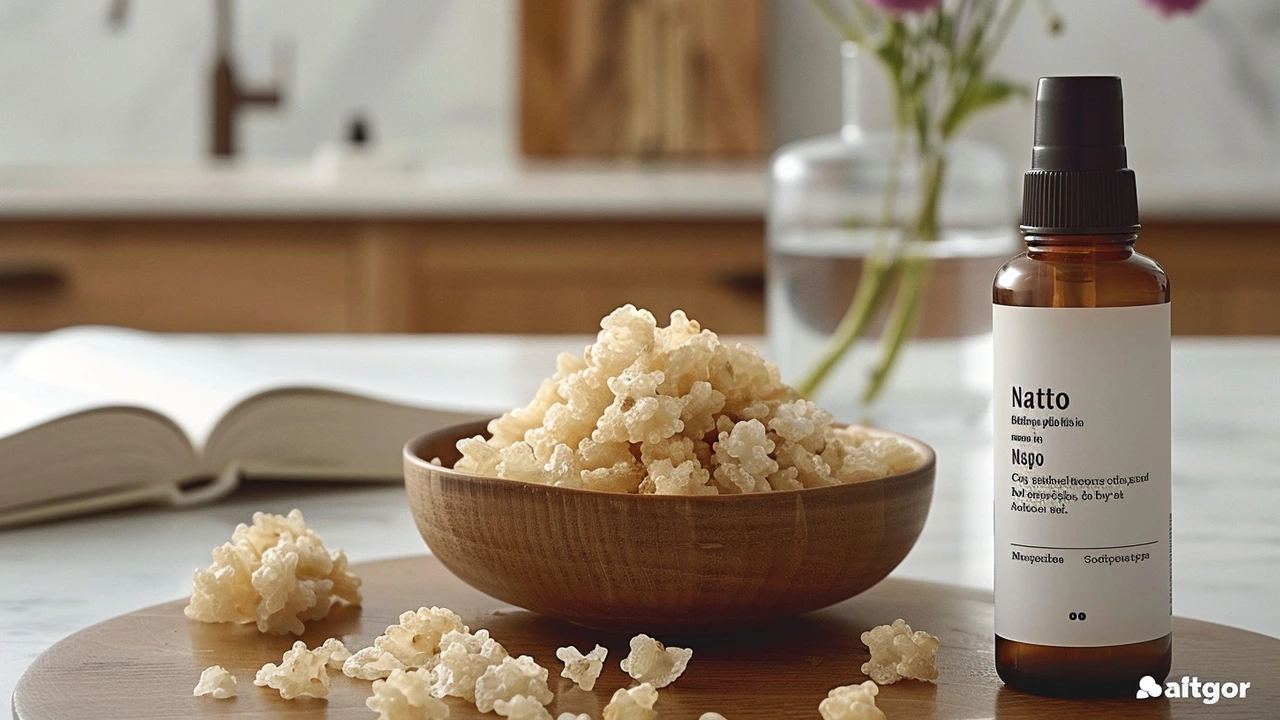Natural Remedy: Everyday Solutions for Everyday Ailments
Did you know that the kitchen cabinet often hides a mini‑pharmacy? Simple items like ginger, honey, or even ground pine can tackle headaches, sore throats, and digestion woes without a prescription. When you reach for a natural remedy, you’re choosing something that’s usually safe, cheap, and easy to find.
Why Choose Natural Remedies?
Natural remedies work with your body’s own healing processes instead of overriding them. Most of them have been used for generations, so you get the benefit of centuries of trial‑and‑error without the high cost of brand‑name meds. They also tend to have fewer side‑effects, especially when you stick to the recommended amounts. That doesn’t mean you can ignore safety—always check for allergies and talk to a doctor if you’re pregnant or have a chronic condition.
Top Simple Remedies You Can Start Today
1. Ginger tea for nausea. Slice fresh ginger, add it to boiling water, let it steep for five minutes, and sip slowly. The spice calms the stomach and reduces motion‑sickness.
2. Honey‑lemon throat spray. Mix one tablespoon of raw honey with the juice of half a lemon and a splash of warm water. Spray or sip when you feel a tickle; the honey coats, while the lemon’s acidity cuts bacteria.
3. Turmeric golden milk for inflammation. Warm almond milk, stir in a teaspoon of turmeric, pinch of black pepper, and a dash of cinnamon. Drink at night to ease joint aches—turmeric’s curcumin is a powerful anti‑inflammatory.
4. Peppermint oil for tension headaches. Dilute a few drops of peppermint oil in a carrier oil (like coconut) and massage the temples. The cooling effect eases blood‑vessel constriction that fuels headaches.
5. Cranberry juice for urinary health. Choose 100% pure cranberry juice (no added sugar) and drink a small glass daily. The pro‑anthocyanidins help prevent bacteria from sticking to bladder walls.
6. Ground pine as a supplement. A teaspoon of ground pine mixed into a smoothie adds antioxidants and supports respiratory health. It’s a lesser‑known herb that some users say helps with seasonal colds.
All these remedies cost under $5 for a week’s supply and require just a few minutes of prep. Start with the one that matches your most pressing symptom, keep a short journal of how you feel, and adjust the dosage if needed.
Remember, natural doesn’t mean “do anything.” Stick to the recommended amounts, store herbs in a cool, dry place, and replace them when they lose aroma or color. When in doubt, a quick chat with a pharmacist can confirm whether a remedy might interact with any prescription you’re taking.
Give one or two of these tricks a try this week. You’ll likely notice a subtle boost in how you feel, plus the satisfaction of solving a health hiccup with something already in your pantry. Natural remedies are all about empowering yourself—no fancy labs, just common sense and a bit of curiosity. Happy healing!
Nattokinase: Discover the Natural Blood Thinner
Nattokinase is a natural enzyme found in a traditional Japanese food called natto. It has been shown to have blood-thinning properties, making it an appealing natural alternative for improving heart health. The article explores how nattokinase works, its benefits, potential side effects, and ways to incorporate it into your diet.
Learn more...